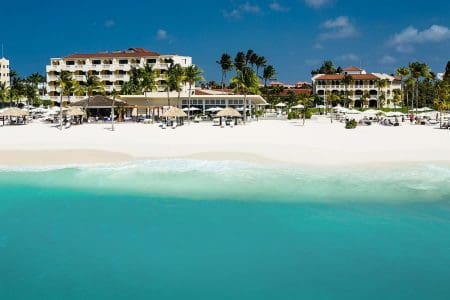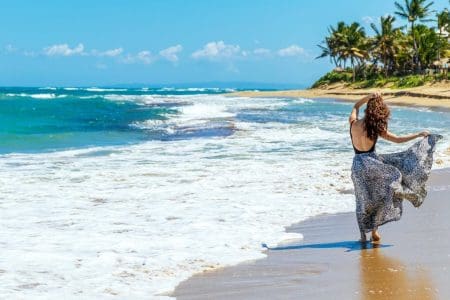The Government of Saint Lucia has announced that as from 31 May, fully COVID-19 vaccinated travellers can enjoy more opportunities to experience the entire island.
Fully vaccinated visitors can now book hire cars, dine at more local restaurants, and take part in additional activities such as beach hopping, all while observing existing on-island protocols.
Vaccinated visitors now have increased access to all parts of Saint Lucia from the day of arrival without restrictions. Quarantine has been removed for vaccinated returning nationals. For example, vaccinated travellers are able to explore shops, markets, restaurants and activities throughout the island in popular areas including Castries, Rodney Bay, Soufrière and more.
All visitors to Saint Lucia can stay at a range of COVID-certified accommodations (hotels, villas, Airbnb). And for vaccinated visitors, they can now stay at more than two properties if preferred.
“For both visitors and our local residents, our commitment to safely and responsibly coexisting with COVID remains strong,” said Hon. Prime Minister Allen Chastanet. “While all visitors to Saint Lucia can currently experience a wonderful holiday as well as approved tours and attractions, fully vaccinated travellers are now invited to explore the entire destination at their leisure, while following our protocols.
“We’ve successfully and safely managed tourism since reopening our borders in June 2020, with no need to close because of our protocols and the bubble we created for our visitors and frontline tourism workers. We are delighted to be able to expand the opportunities for vaccinated visitors and ease the restrictions for returning nationals. Vaccinated visitors can now truly holiday like a local.”
Discover more aboutthe island’s sustainable tourism initiatives in Getting Creative with Sustainable Tourism in St Lucia.
To qualify as fully vaccinated, travellers must have had the last dose of a two-dose COVID-19 vaccine or a one-dose vaccine at least two weeks (14 days) prior to travel. Travellers will indicate that they are fully vaccinated when filling out the pre-arrival Travel Authorisation form, and upload proof of vaccination.
Visitors must travel with their vaccination card or documentation. If you live in the UK, Saint Lucia will accept the NHS app or your NHS letter to demonstrate your COVID-19 vaccination status. You should not use your NHS vaccine appointment card to demonstrate your vaccine status. Upon arrival in Saint Lucia, pre-registered fully vaccinated visitors will be expedited via a dedicated Health Screening line and will be provided with a non-electronic identification wristband for the duration of their stay. This wristband must be worn throughout the stay and removed when departing Saint Lucia.
Non-vaccinated travellers will continue to be permitted to stay at up to two certified properties for the first 14 days and non-vaccinated returning nationals will be required to apply for quarantine for the same period.
Regardless of vaccination status, no changes have been made to pre-arrival protocols for travellers, including: all arrivals to Saint Lucia (five years or older) must obtain a negative COVID-19 PCR test result taken no more than five (5) days before arrival; submit the online Travel Registration form; and must adhere to all safety protocols in place, including wearing a mask in public places.
Detailed information on the latest travel COVID-19 protocols for all visitors, plus Frequently Asked Questions for vaccinated travellers can be found at www.stlucia.org/covid-19.



